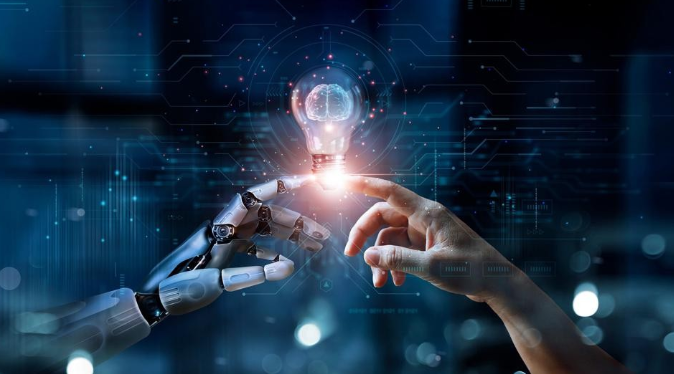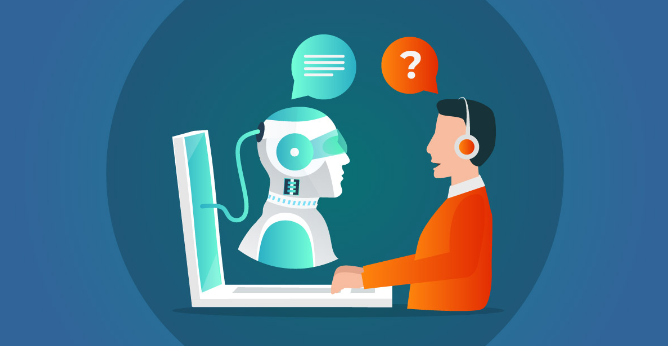The Rise of AI Assistants: Transforming Our Interaction with Technology
The Rise of AI Assistants: Transforming Our Interaction with Technology
21 June 2023
AI assistants have become increasingly prevalent, revolutionizing the way we interact with technology. These intelligent virtual agents, powered by AI algorithms, are designed to understand and respond to human voice commands, making tasks more convenient and efficient. In this article, we will explore the rise of AI assistants and how they are reshaping our everyday lives.
AI assistants, also known as virtual assistants or voice assistants, are software applications designed to perform various tasks and provide information through natural language interactions. They employ machine learning algorithms to continuously enhance their understanding and response capabilities.
Key Features and Benefits
- Voice Recognition: AI assistants accurately understand and interpret human speech, enabling hands-free and natural interactions.
- Task Automation: AI assistants can perform a wide range of tasks, including setting reminders, sending messages, making phone calls, playing music, providing weather updates, and controlling smart home devices.
- Personalized Assistance: These assistants learn from user preferences and behaviors to offer personalized recommendations and suggestions, enhancing the user experience.
- Information Retrieval: AI assistants have access to vast amounts of information and can quickly retrieve answers to queries, saving time and effort.
Applications and Examples
- Smart Speakers: Devices like Amazon Echo with Alexa, Google Home with Google Assistant, and Apple HomePod with Siri are popular AI assistant-enabled smart speakers that act as central hubs for controlling smart home devices, playing music, and providing information.
- Mobile Devices: AI assistants, such as Apple’s Siri, Google Assistant, and Samsung’s Bixby, are integrated into smartphones and tablets, offering voice-based assistance for tasks like making calls, sending messages, and providing navigation directions.
- Virtual Meeting Assistants: AI assistants like Microsoft’s Cortana and Cisco’s Webex Assistant can schedule meetings, transcribe conversations, and assist in managing virtual meetings and collaboration.
- E-commerce and Customer Support: Businesses utilize AI assistants to provide personalized shopping recommendations, offer customer support, and assist with order tracking.


Impact on User Experience and Future Outlook
AI assistants are transforming the user experience by enabling more natural and intuitive interactions with technology. As voice recognition and AI capabilities continue to advance, AI assistants are becoming more conversational and proficient at understanding context, making them increasingly valuable in our daily lives.
Looking ahead, AI assistants are expected to be even more integrated into various devices and environments, such as cars, wearables, and smart appliances. They will play a vital role in driving the adoption of smart homes, the Internet of Things (IoT), and voice-controlled interfaces, further enhancing convenience and connectivity.
Conclusion
The rise of AI assistants signifies a significant transformation in how we interact with technology. These intelligent virtual agents simplify tasks, provide personalized assistance, and make technology more accessible. As AI continues to advance, we can expect AI assistants to become even more sophisticated, improving our productivity, convenience, and overall digital experience.


